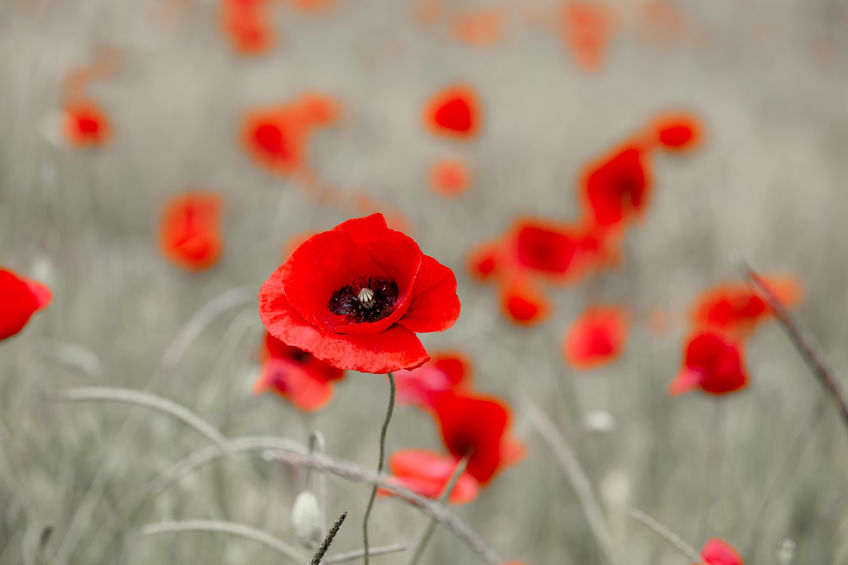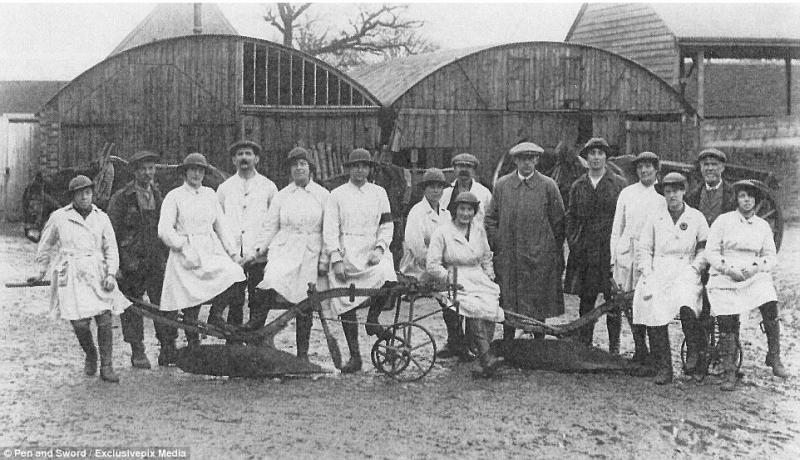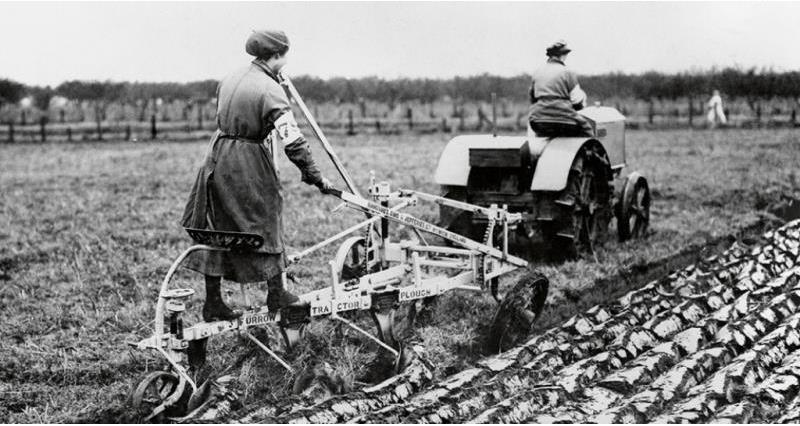
The farming industry has marked one hundred years since the end of World War One by paying tribute to farmers who fought on the front line and those who helped produce the nation’s food during a time of crisis.
British farmers played a crucial role in producing food for the nation during the Great War.
As German U-Boats cut off trade routes, the government turned to British farmers to feed the nation during a time of crisis.
More than 170,000 farmers fought in the trenches and up to half a million farm horses were requisitioned by the War Office to help at the front line.
Faced by a lack of labour, farms adapted the way they worked to meet the food production challenge. For example, a total of 98,000 extra women from the Women’s Land Army worked on farms to fill the void left by men.
A further 66,000 soldiers returned from the frontline to help with the harvest. And, crucially, tractors began to do the work of many hands.

In 1917, the Government bought 400 British Saunderson Tractors and a further $3.2million was invested in US models such as the Fordson.
By 1918, there were 6,000 tractors in operation in Britain. The 'Ploughing Up' campaign of 1917 saw an extra 2.5 million acres of land used for growing cereals.
By the end of the war, an extra 915,000 tonnes of oats, 1.7million tonnes of potatoes and 830,000 tonnes of wheat were grown.
And thanks to the work of British farmers and growers, the country avoided being starved into submission.
'Bitter conflict'
NFU President Minette Batters said the nation remembers those who fought and died on the front line.
She said the NFU wanted to pay its tribute, however small, to the people who "gave so much during a time of bitter conflict".

“We also pay tribute to the people who helped produce food to sustain the nation – a key supporting role during the ongoing crisis," she said.
"The sacrifices made during the Great War are still felt around the world today, and we join everyone in remembering the people who fought for our country both on and off the front line.”
It comes as an artist with a farming background combines soil from Yorkshire and mud from Belgium to create a unique art piece commemorating those who fell during World War One.
Last year, an artist decorated a tractor with poppies she had shaped and painted herself in time for Remembrance Weekend.
Caroline Jones, from Widnes in Cheshire, decorated a Nuffield Tractor to remember those who served during the first and second world wars, and in particular for the Women’s Land Army.
